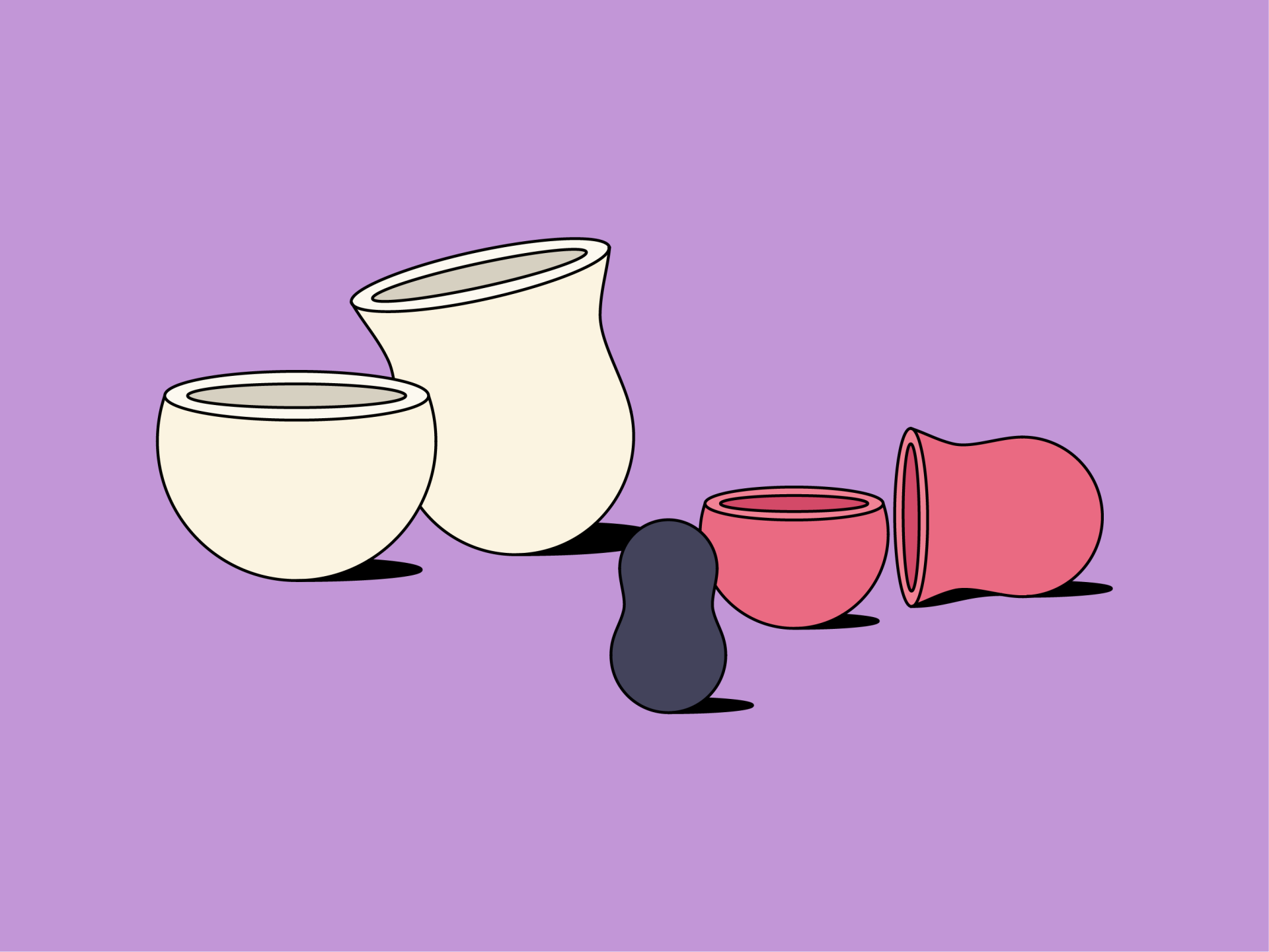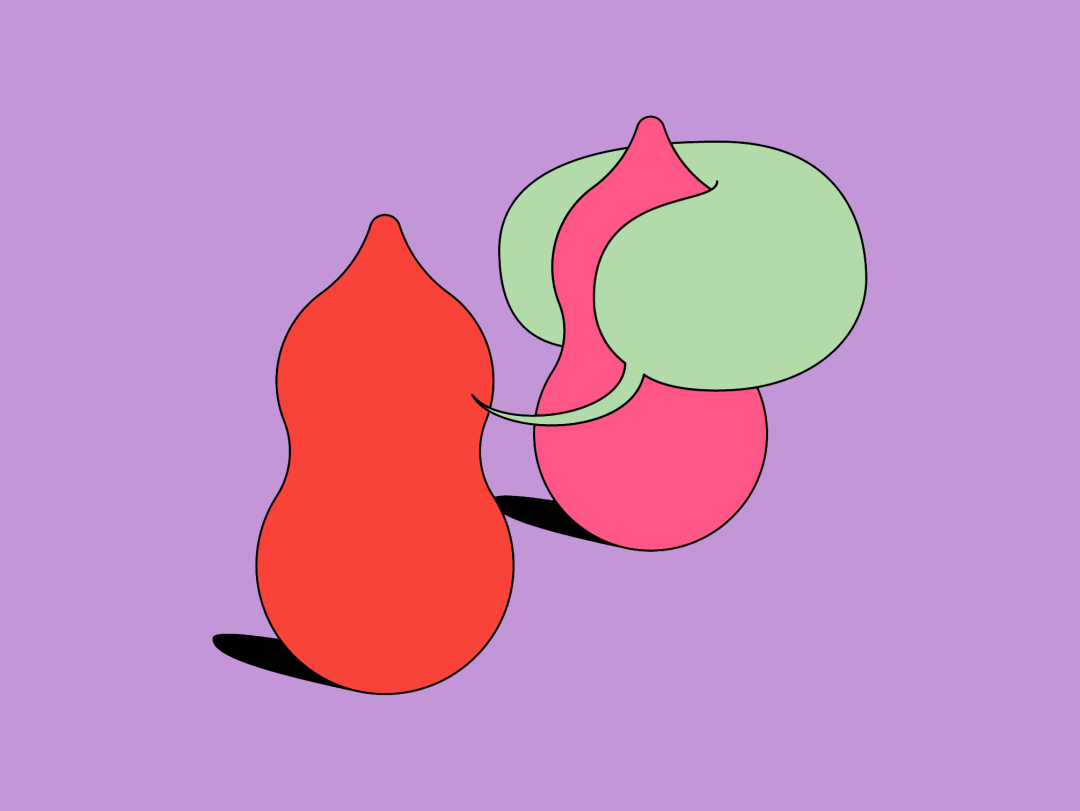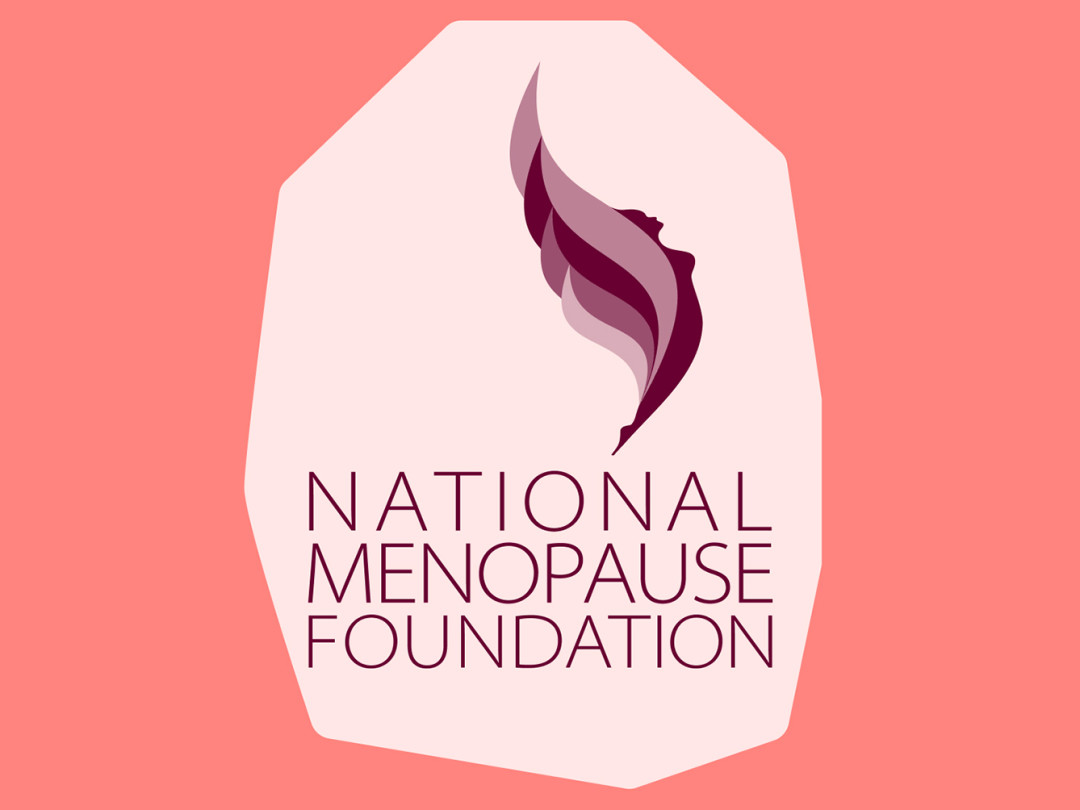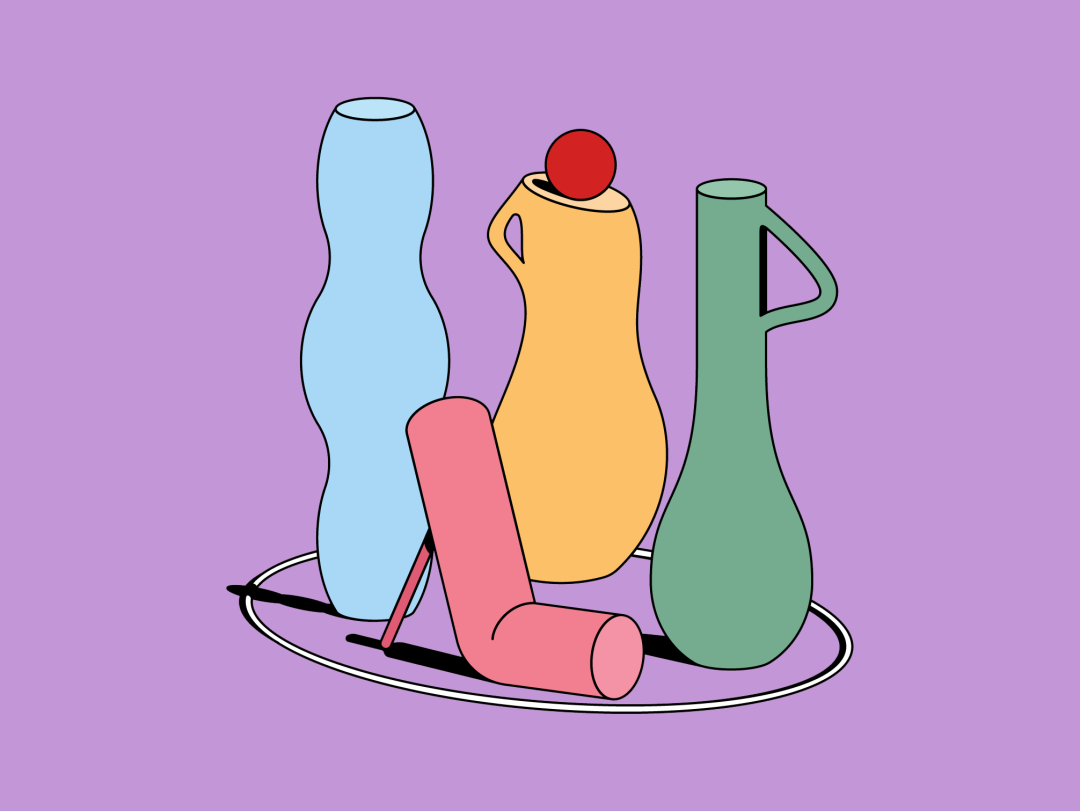#personal-essay
Conquering My Pathological Fear of Pregnancy
voices
·5 min read

by Ivy Brooks | 07/12/2018
When I was 25 years old, I found myself pregnant and alone, the way I'd always been pregnant in my dreams; a strange and inexplicable foretelling of my future. I wasn't just about to bring a child into the world and provide for him by myself, I was about to face my deepest fears.
The term used to describe an obsessive-level fear of pregnancy is tokophobia, a fear strong enough to make a woman avoid pregnancy and childbirth altogether. Often, the term 'dread' allows women to easier classify this condition.
For women who have not previously experienced pregnancy, it is common (20-78% of women) to have some fear surrounding pregnancy and childbirth, however, 13% of women actively avoid ever becoming pregnant because of this driving fear. These women’s fear is classified as Primary tokophobia. Tokophobia can also develop after a traumatic event associated with a previous pregnancy, then called Secondary tokophobia.
It took becoming pregnant to banish my tokophobia, my fear of what would become of my body and my life.
Primary tokophobia can develop very early in a woman's life. I can recall early memories of my fear of pregnancy dating as far back as age 5, but it wasn't until I was a preteen that my tokophobia took on more grotesque imagery.
I had a close relationship with my cousin, who became pregnant while she was a teenager. She guest-starred in a dream I had years later that painted the picture of my fear very accurately:
In my subconscious world, single mothers were appointed another single mother for support. In enters my cousin to the scene, with 3 children trailing behind her and several Tupperware containers of what looked like green Jell-O.
She explained that the baby would monopolize all the nutrients in my body and that the Jell-O would help replace it. If I did not eat the Jell-O daily, she warned, I would bleed to death through each pore of my skin.
I imagined pregnancy as an alien experience, a medical emergency, a process you may not come out of alive, something you're closely monitored and mentored through.
Fast forward, and I'm living in Las Vegas, in love with my very new boyfriend. We had unprotected sex and I got pregnant. I was in total shock. One day you're in a bikini at a pool party, drinking Red Bull and vodka, and the next, you're eating a party-size platter of nachos “for two.”
I would not have survived my first trimester without humor and I'd need this survival skill to enter my second trimester without my baby's father's participation. With my dad's help, I sold my belongings and drove across the country to a place I never wanted to return, my home state of Minnesota.
I was determined to have a healthy pregnancy, physically and mentally. I worked out and ate well. Emotionally, I was very gentle with myself. I talked to my baby a lot. My pregnancy symptoms, if any, were pretty mild until the very end. Not only had my fear seemed muted, but I had a profound moment where I actually embraced the physical transformation.
Before my pregnancy, I was monitored closely for cervical cancer, but I had just had an appointment that confirmed, for the first time in years, there was no sign of abnormal cells. Some studies suggest that babies in the womb have the ability to heal their mothers this way! From these mid-months of pregnancy until now, I've lovingly referred to my son Cannon and I as a team.
When it came time to introduce him to the world, tokophobia had a huge impact on my birth story. It was because of my tokophobia that I decided to give birth naturally, which was not well-received by my first two doctors. I feared hospitals, doctors, and medical interventions, so I figured with a natural birth, I'd feel more in control.
The thought of not having control of my lower-half made me feel claustrophobic, at the mercy of the doctor's decisions. My third doctor was fully supportive of my decisions, and I also had a doula present, with whom I developed a relationship with from classes I took on childbirth, pain management, and infant care to minimize my fears.
While I was not without fear, I felt strong and prepared to do my best, and that brought me comfort. The pain was ungodly, but I knew deeply that this was not a medical emergency. I never thought once to ask for pain medication. My body knew what to do, and my mind just had to endure each contraction.
I understood that each milestone of the birth plan was an opportunity for things to not go as planned – and many things didn't! I watched seamless natural childbirths on YouTube and mine was not one of them, but it was also not the horrific experience I was told by many women it would be.
Education was the key to overcoming my tokophobia. To the woman embarking on an unexpected or unknown journey, there is a great opportunity that could not be delivered by any other channel. On the other side of being scared is being powerful, and in the middle, knowledge. When you seek to understand, your fear will shrink. The beastly situation may never cease to be a beast, but in the process of facing it, you become the greater of the two. It's important to be educated about these natural processes so that we can be a positive influence on other women, especially those who have such profound fears.
What kept me so at ease was that I had equipped myself with the knowledge and preparation I needed. Instead of being disadvantaged by of my tokophobia, I was empowered.
Do you have any fears or reservations surrounding childbirth, whether you’ve had your own children or not? Share your stories with us in the comments.
Ivy Brooks is a writer and business consultant based in Las Vegas, NV with 10 years business management experience, and even more as an artist. She lives and does business by this philosophy: All that matters is how you feel and how you make others feel.
by Ivy Brooks
discover more topics
more from voices

Why We Need to Change the Way We Talk About Periods
by Keeley McNamara, CNM, and Jen Swetzoff
07/17/2023

